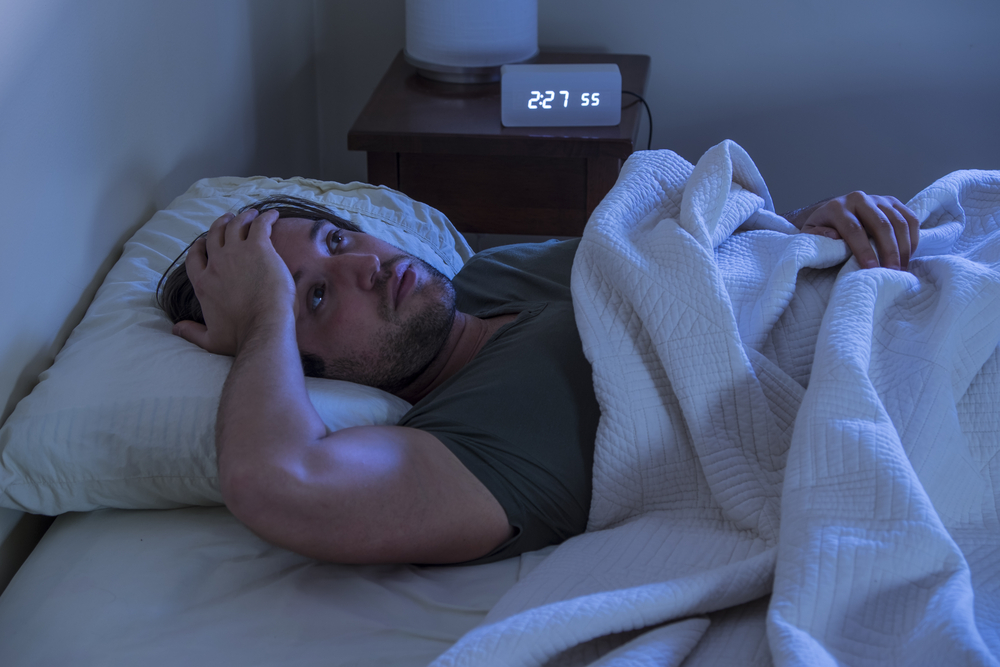In the last two columns in my “Health Is Wealth” series, I focused on two of the four pillars that support a richer life: a healthy diet and sufficient exercise.
Today we’ll consider the third, one that researchers call “the most glaring omission in the contemporary health conversation.”
So let’s consider it…
There is nothing any of us wish for more ardently – for ourselves as well as our children and grandchildren – than robust health.
So imagine your shock if – after a thorough examination of your newborn – the obstetrician said this…
“Throughout your child’s life, he will repeatedly lapse into a state of apparent coma. It will sometimes resemble death. And while he lies there, his mind will often be filled with bizarre and unpredictable hallucinations. This state will consume a third of his life.”
Doctors never say this, of course. They don’t have to. Because we all understand the nature of sleep.
It is one of nature’s strangest evolutionary adaptations.
After all, when you are asleep you cannot eat, socialize, mate, protect yourself or safeguard your offspring.
Yet sleep is vital. Why? Because it contributes greatly to human health.
Sleep supports a variety of functions, including the ability to learn, memorize and make logical decisions.
It strengthens your immune system, prevents infection and helps ward off sickness.
It regulates your appetite, lowers your blood pressure and helps maintain a flourishing microbiome.
It is the single most effective thing we do each day to reset our brain and body health.
Yet, according to the World Health Organization, more than two-thirds of adults in developed nations fail to obtain the organization’s recommended eight hours of sleep a night.
The government agency even declared a sleep loss epidemic throughout the world’s industrialized nations.
“Epidemic” may sound extreme.
But it won’t after hearing out Dr. Matthew Walker, the director of UC Berkeley’s Center for Human Sleep Science and the author of the national bestseller Why We Sleep: Unlocking the Power of Sleep and Dreams.
Routinely sleeping less than six or seven hours a night demolishes your immune system, more than doubling your risk of cancer. Insufficient sleep is a key lifestyle factor in determining whether you will develop Alzheimer’s disease. Inadequate sleep – even moderate reductions for just one week – disrupts blood sugar levels so profoundly that you would be classified as pre-diabetic. Short sleeping increases the likelihood of your coronary arteries becoming blocked and brittle, setting you on a path toward cardiovascular disease, stroke and congestive heart failure.
Sleep disruption also contributes to major psychiatric conditions, including depression, anxiety and even suicidality.
“I’ll sleep when I’m dead,” busy achievers often joke. But they may get that opportunity sooner than the rest of us.
Multiple studies have concluded that the shorter your sleep, the shorter your life span.
Aside from ill health effects, sleeplessness creates other unwanted outcomes.
Drowsy driving is responsible for hundreds of thousands of traffic accidents and fatalities each year.
Car accidents caused by drowsy driving exceed those caused by alcohol and drugs combined.
In short, getting sufficient sleep is essential to living a longer, healthier life.
How can you get more of it?
Dr. Walker makes 12 recommendations:
- Stick to a sleep schedule. Try to go to bed and wake up at the same time each day.
- Exercise early in the day – or at least two to three hours before bedtime.
- Avoid caffeine and nicotine.
- Avoid alcohol before bedtime.
- Avoid large meals late at night.
- Avoid medicines that delay or disrupt your sleep. (If you’re unsure, check with your doctor.)
- Don’t take naps after 3 p.m.
- Relax before bed. Reading and listening to soothing music are helpful.
- Take a hot bath before bed.
- Keep your bedroom dark, cool and free of electronic gadgetry.
- Have the right sunlight exposure. Daylight helps regulate sleep patterns. Try to get at least 30 minutes of natural sunlight each day.
- Don’t lie awake. The anxiety of being unable to fall asleep only makes it harder. So get up and do something relaxing – like reading or listening to an online lecture – until you feel sleepy again.
Sleep is essential to human vitality.
Even an extra 20 minutes of shut-eye a night can improve your mood, enhance your health and lengthen your life.
Sleep is preventive healthcare at its finest. And the cost of this host of benefits… is zero.
